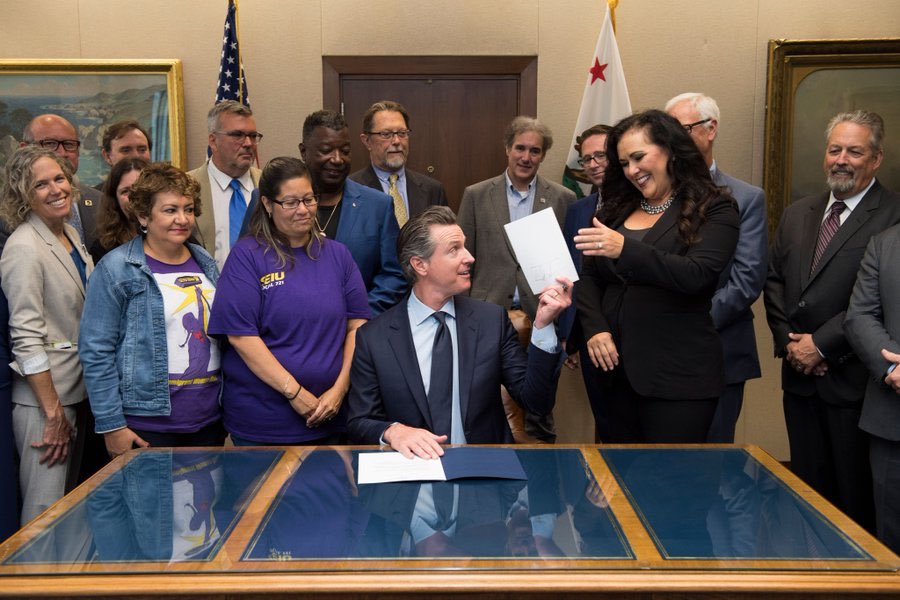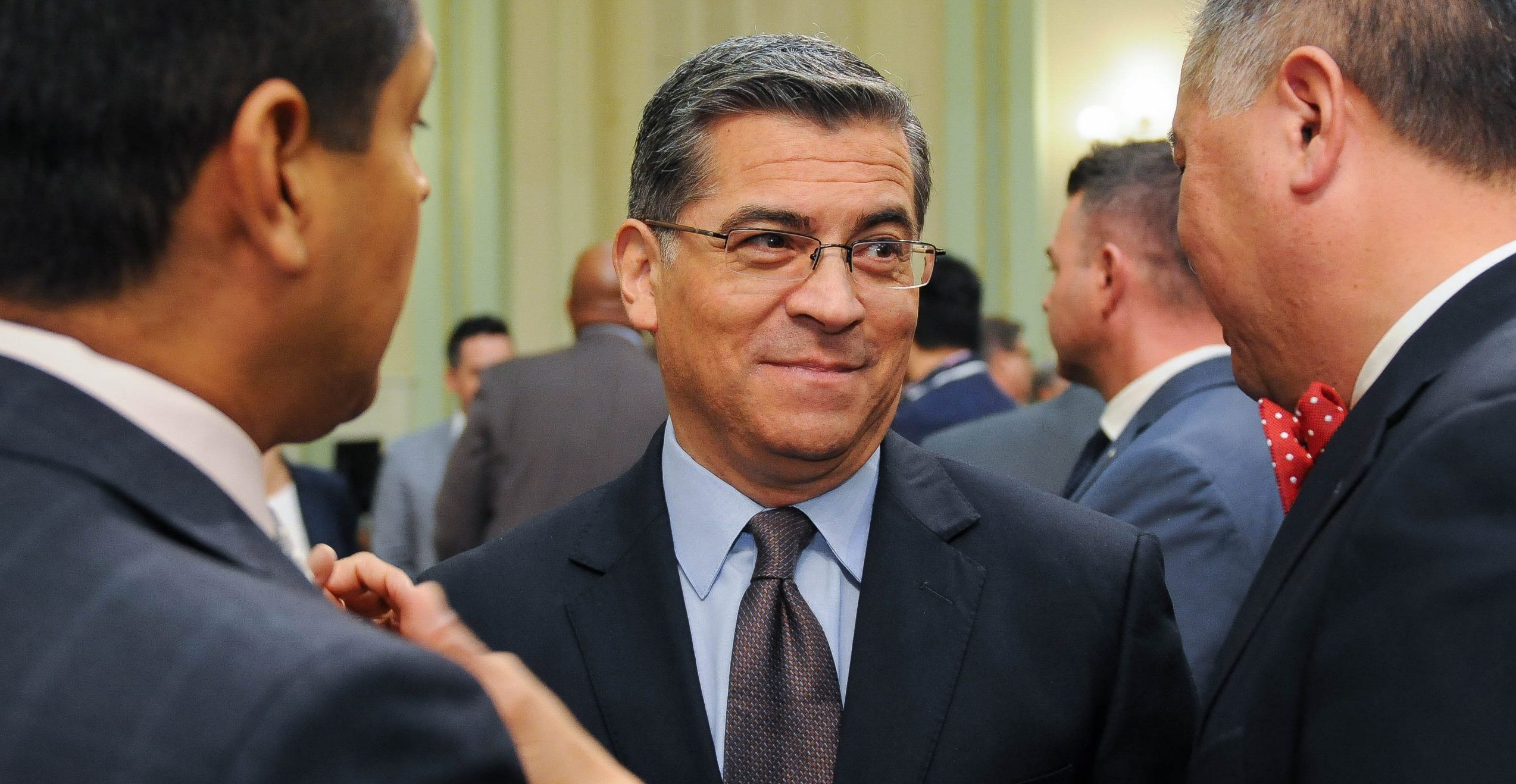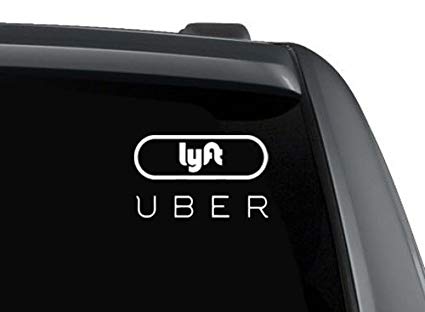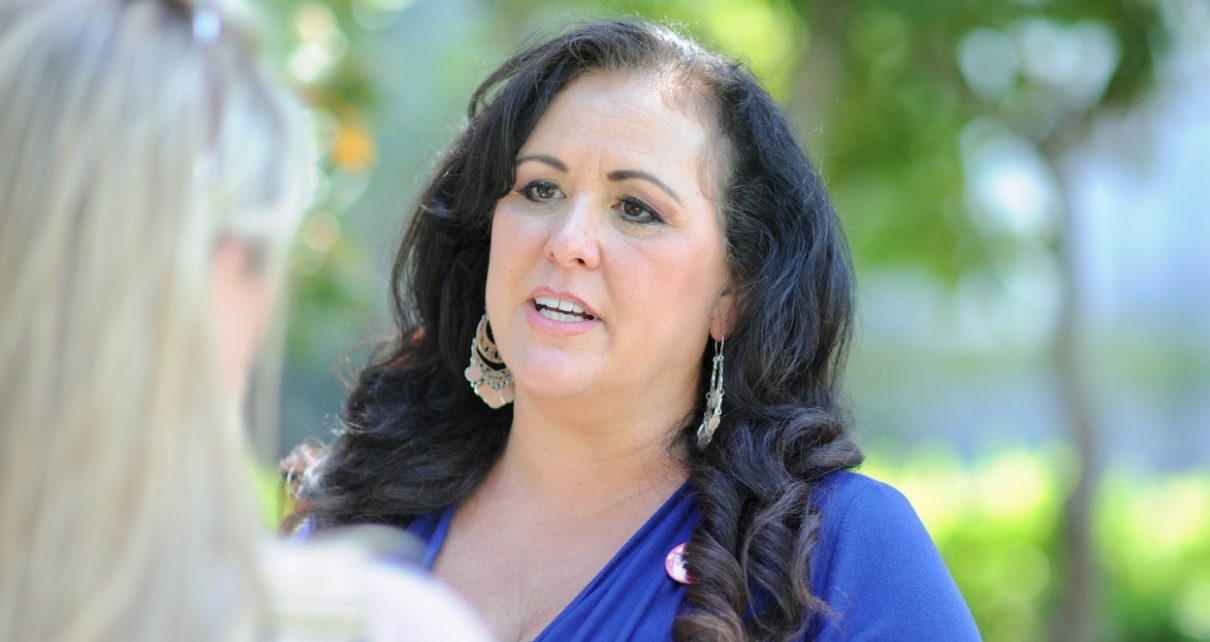
Assemblywoman Lorena Gonzalez. (Photo: Kevin Sanders for California Globe)
Lyft, Uber, and Doordash Gather Support For Proposition To Alter New Independent Contractor Law
If supporters get enough signatures, a proposition to exempt rideshare workers on AB 5 will be on the ballot this November
By Evan Symon, October 30, 2019 5:30 pm
A proposed law funded by rideshare companies Lyft, Uber, and Doordash started signature gathering Tuesday.
The law would alter AB 5, a bill signed into law last month by Governor Gavin Newsom that severely limits Californians who work as independent contractors. Besides exempted positions, all jobs listed as ‘independent contractors’ would be severely limited in the scope of what they can legally do in favor of them being listed as employees and being guaranteed benefits such as health insurance and workers compensation.
Under the proposed proposition ride share companies would be exempt. While ride share workers would receive no guaranteed benefits under the exemption, their hours would not be limited and companies wouldn’t have to rely on a vastly larger pool of drivers working shorter hours with only a few drivers working full-time as employees.
“Carmen,” a driver for Uber and Lyft in Los Angeles who supported AB 5, remains unconvinced of the proposed change.
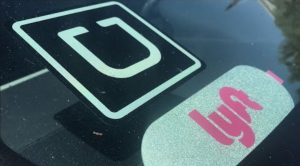
“If you look at the supporters here and in Sacramento and everywhere in the state, it was drivers who were out there getting support and calling on stoppages to prove why we needed this. We can unionize with this, and we can demand better pay and treatment. If they got this exemption we’d be back at square one. We’d be back to struggling even more. This isn’t just side cash. These are our careers we’re talking about. We’re the new taxi drivers here, but no one is treating us like it.”
Assemblywoman Lorena Gonzalez (D-San Diego), who authored AB 5, also found the proposed proposition unacceptable.
“It’s disingenuous,” said Assemblywoman Gonzalez. “These billion-dollar corporations still refuse to offer their workers what every other employee in California is entitled to.”
Supporters of the proposal argue differently.
“We’re going to be very limited to what we can do under the new law, so to see it go would be a godsend,” said “Marco,” a rideshare driver who drives for four companies at different times. “Now we won’t have hour limits or anything and we can work as much as we want. A big perk of this job is flexibility in when you want to work, and having a limit because you aren’t an employee stifles that flexibility in the other direction. Or, if made an employee, you’d have set hours. So this would be good.”
Another driver, Lucy Margolis, also supports the proposed measure. “As much as having worker’s comp and better health insurance would be, I can’t sacrifice a flexible schedule. I have children I need to pick up from daycare and school, and this is one of the few jobs that allows me to do that.”
“I know people who wanted that law really believe they’re looking out for everyone, but in many cases, it can actually hurt us.”
In addition to exempting ride share companies, drivers would still be eligible for health insurance if they worked more than 15 hours a week for a company under the proposal. Drivers would also get a minimum of 120% of the current minimum wage in the area, as well as money for other factors such as mileage. If passed by voters, the updated law could not be challenged by state lawmakers.
Getting enough signatures of eligible voters is expected to be challenging considering the number of Californians who supported AB 5. Lyft, Uber, and Doordash have already raised $90 million for the ballot measure, as their entire industry model in California is at stake.
660,000 signatures are needed for the proposition to get on the November 2020 ballot. All signatures are due by April for the deadline.
- Bill to Require Law Enforcement Disclosure if AI Was Used To Help Write Reports - August 7, 2025
- Gov. Newsom Files FOIA Request To ‘Expose True Cost’ Of L.A. Federal Troop Deployment for Anti-ICE Riots - August 6, 2025
- California Redistricting: How Newsom’s Plan Will Demolish Hard Fought GOP Gains - August 6, 2025


